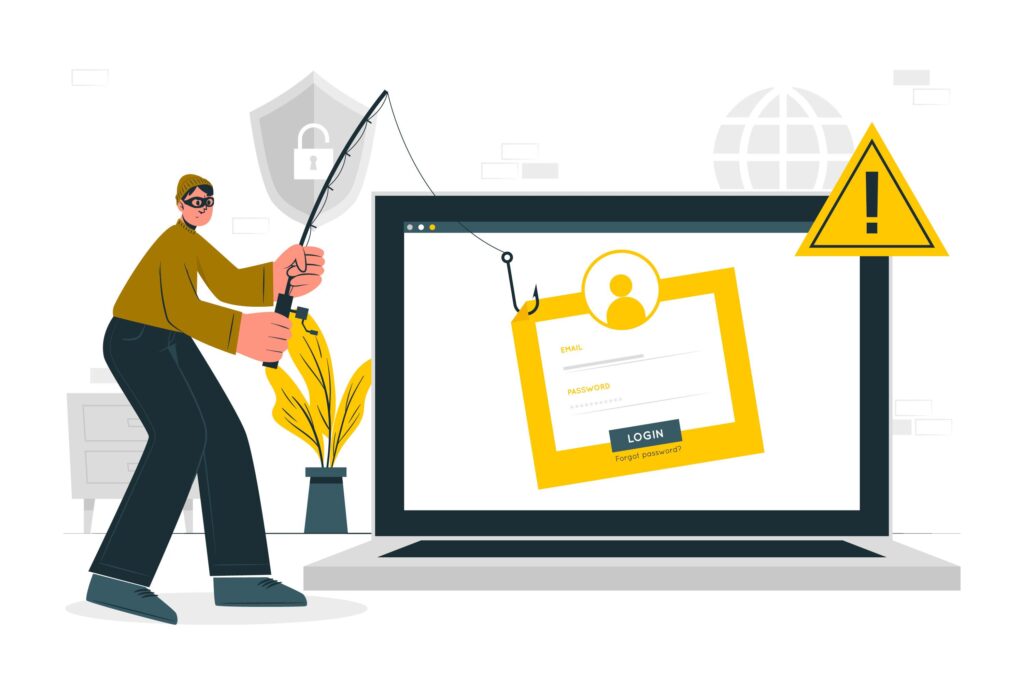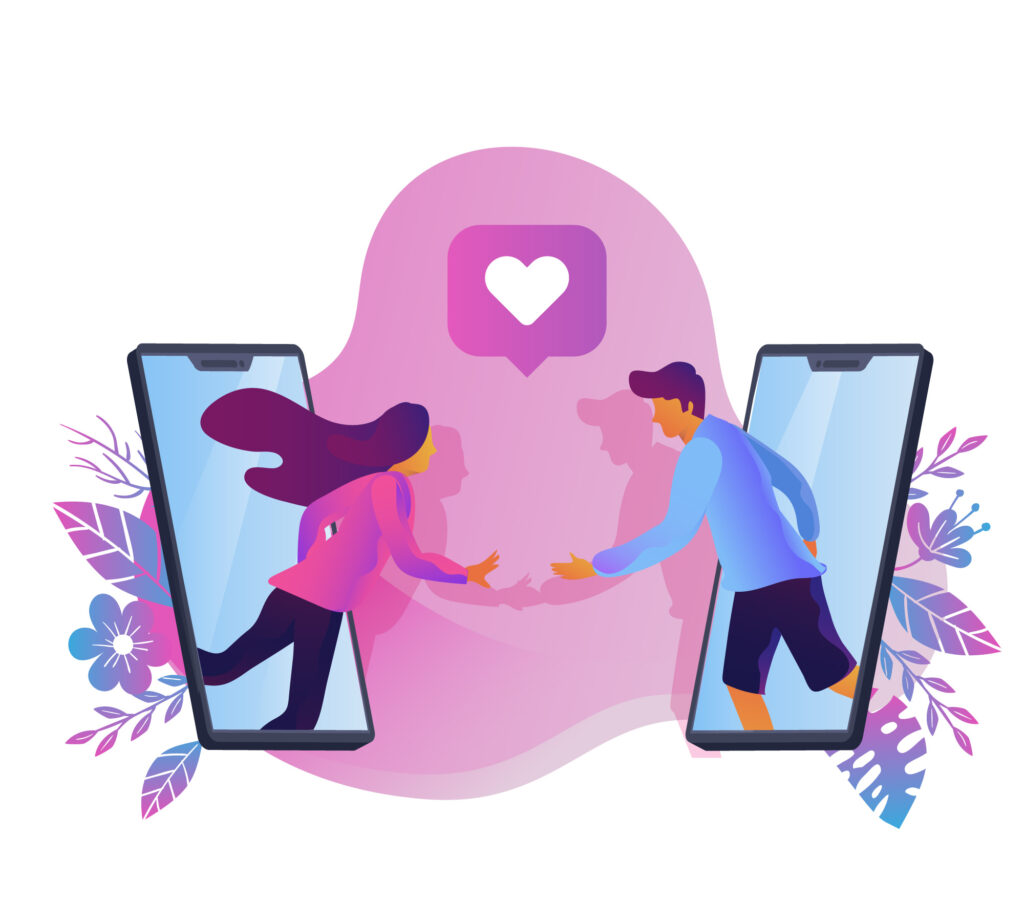Last updated on December 20th, 2024 at 01:08 pm
Online dating has become a popular method for individuals to meet and connect with one another. While it has simplified the process of finding potential partners, it has also facilitated the efforts of scammers and catfishers to deceive people. In this article, we will discuss how to avoid getting catfished on a dating website.
What is Catfishing and How Does it Occur on Dating Websites?

Catfishing refers to the act of pretending to be someone else online, often to deceive another person into a romantic relationship. The term originated from the 2010 documentary film “Catfish,” which tells the story of a man who falls in love with a woman he meets online, only to find out that she is not who she claimed to be.
On dating websites, catfishers create fake profiles by using someone else’s pictures and information. They then utilize these fake profiles to establish a relationship with someone, often with the intent of scamming them out of money or personal information.
Red Flags to Watch Out For
Although it can be challenging to identify a catfisher, there are several red flags to be aware of. Here are some of the most common:
How to Protect Yourself from Catfishing on Dating Websites
Here are some tips to help you safeguard yourself against catfishing on dating websites:
What are three signs that you are being catfished?
How can you protect yourself from catfishing?
Protecting oneself from catfishing involves a few essential steps. Before sharing personal information or entering into a relationship with someone online, it is crucial to research the person you are communicating with. This can be achieved by checking their social media profiles and confirming whether they have a consistent online presence. Additionally, it is important to take things slowly and avoid rushing into an intense relationship with someone you have only met online. It is wiser to take the time to get to know the person and build a genuine connection. To further verify their identity, you can ask the individual to provide identification, such as a passport or driver’s license. Finally, utilizing video call services can also be an effective way to see the person you are talking to and confirm their identity.
How can you tell if someone is catfishing you on a dating app?

Conclusion
Catfishing on dating websites is a serious issue that can result in emotional harm and financial loss. By recognizing the red flags and taking steps to protect yourself, you can avoid falling victim to a catfisher. Always verify the person’s identity, refrain from sharing personal information, use a reputable dating website, and trust your instincts. By following these tips, you can enhance your chances of finding a genuine connection on a dating website.


